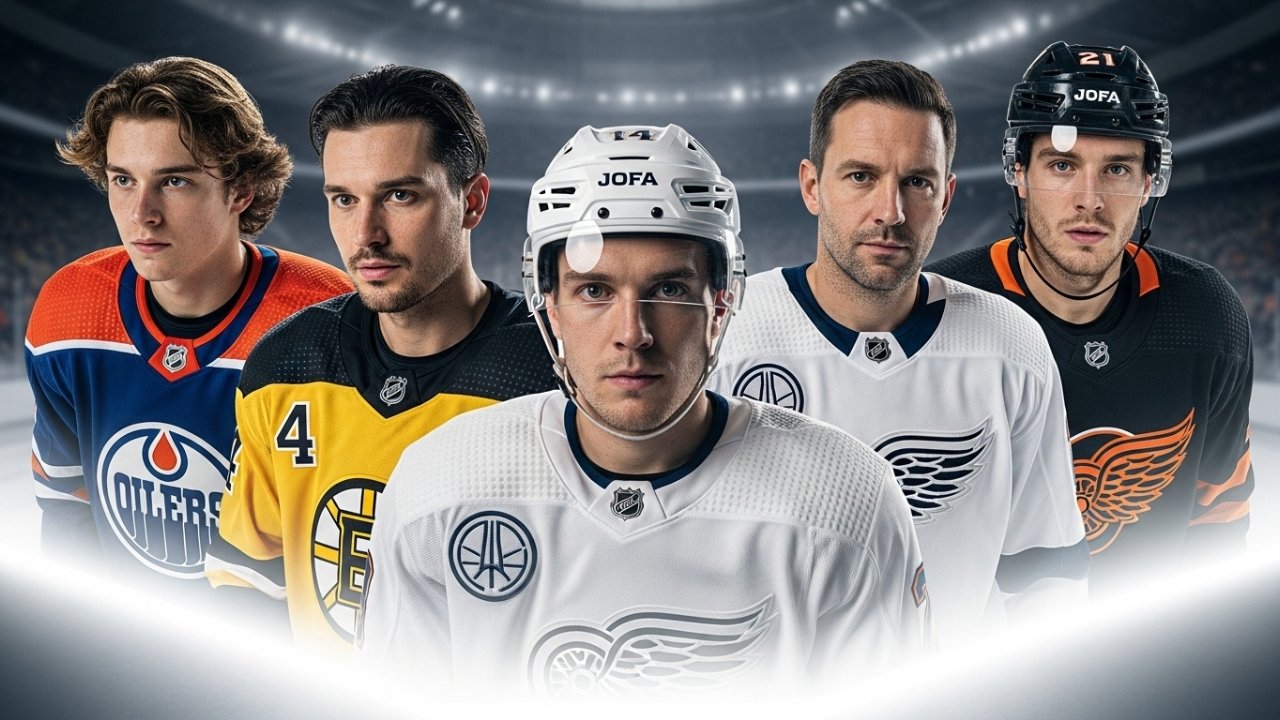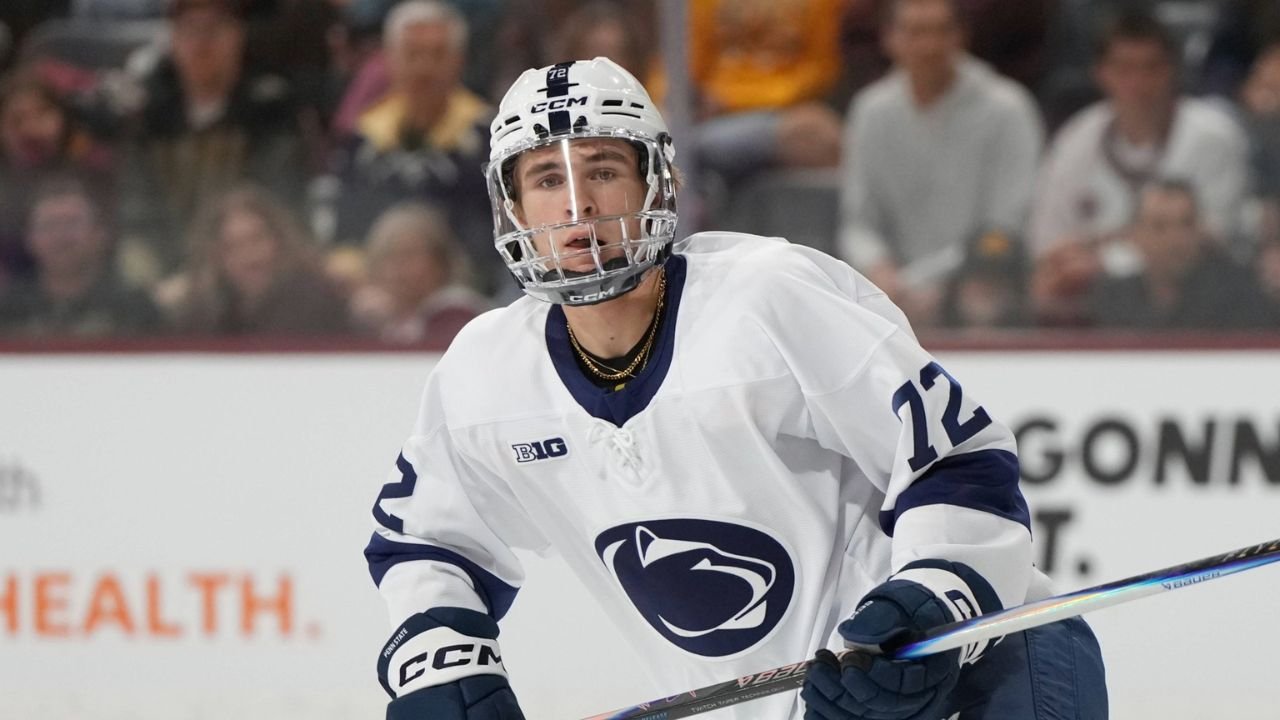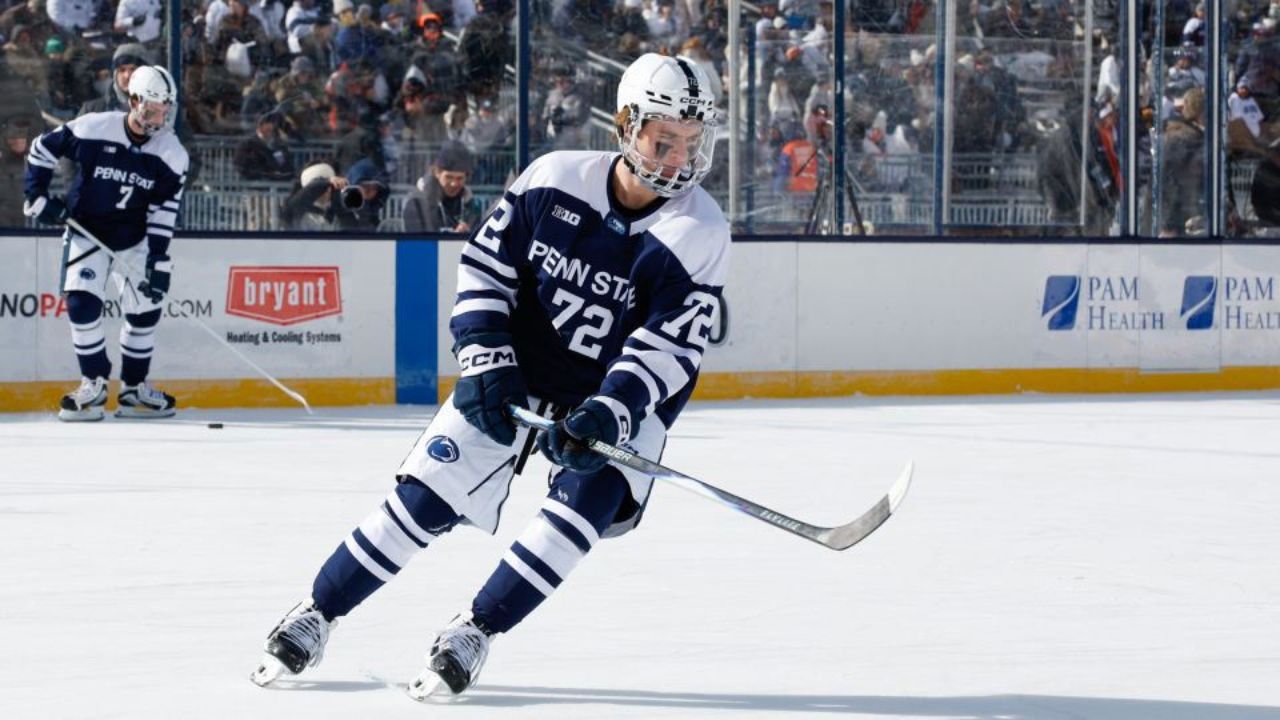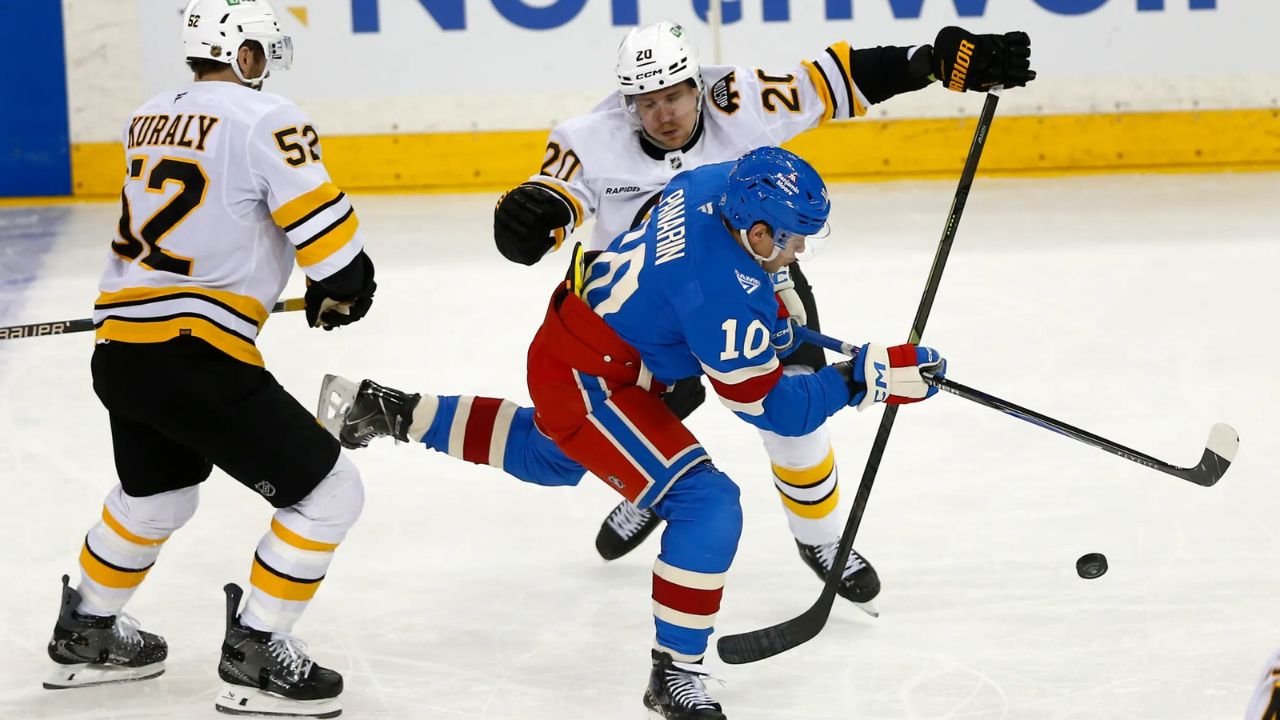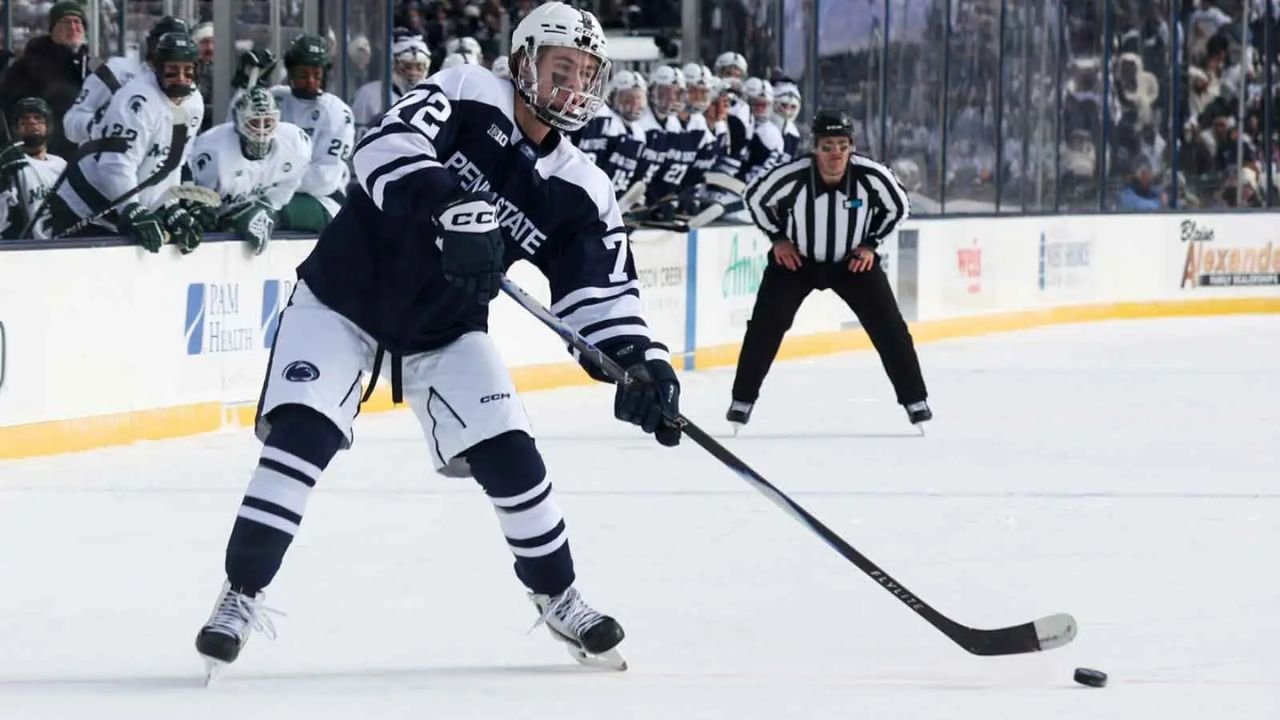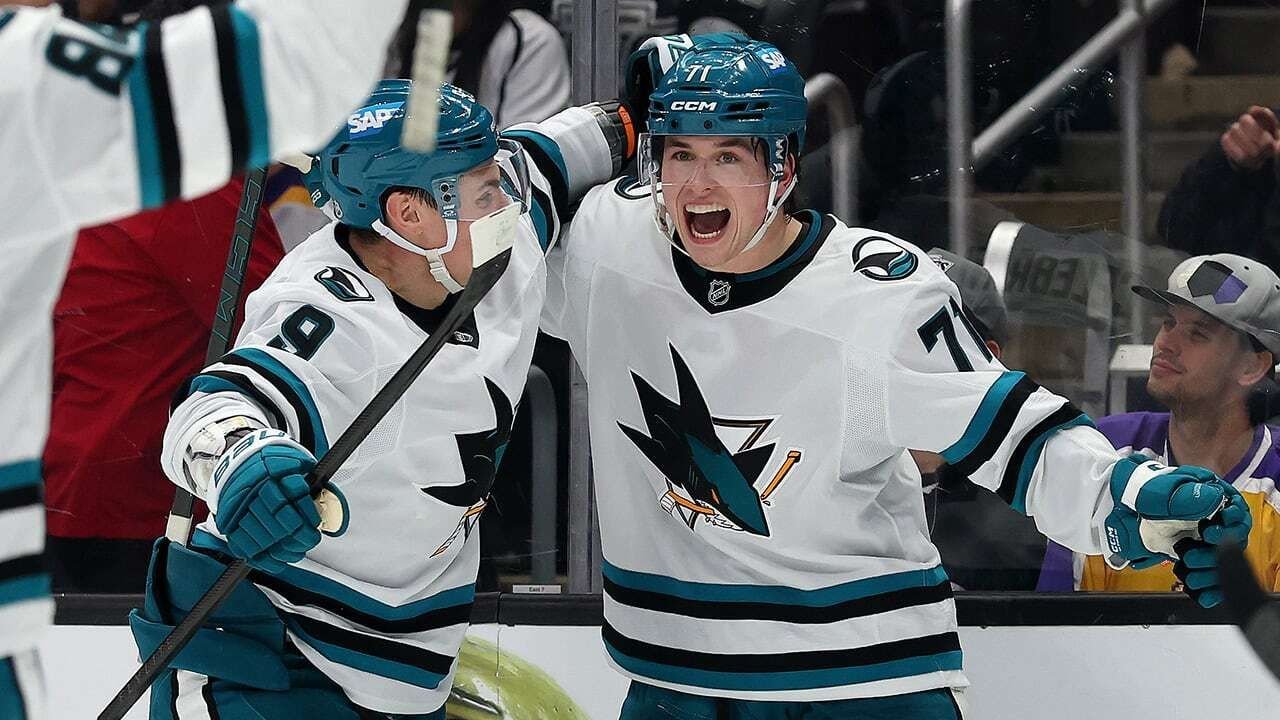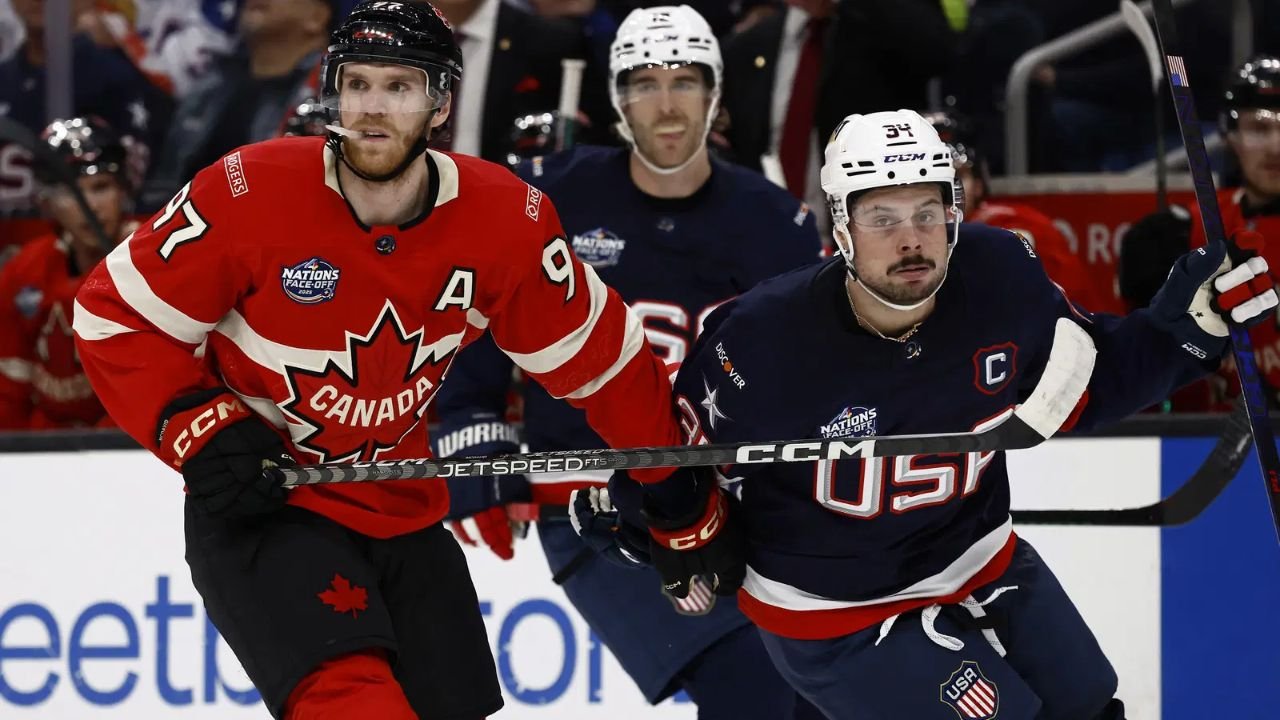10 Best Hockey Players of All Time: From the Original Six era to today’s speed-and-skill game, the sport’s evolution is stamped by a short list of transformative figures. Drawing from Britannica’s lineup—Wayne Gretzky, Gordie Howe, Bobby Orr, Mario Lemieux, Maurice “Rocket” Richard, Jean Béliveau, Alex Ovechkin, Steve Yzerman, Terry Sawchuk, and Jacques Plante—this article explains not only what each achieved but how their styles and innovations still shape hockey’s DNA.
10 Best Hockey Players of All Time
Wayne Gretzky
No one altered hockey’s math like Wayne Gretzky. With 2,857 career points and four Stanley Cups in Edmonton, he turned offense into a science of timing, space, and anticipation, then helped popularize the sport in new markets after his move to Los Angeles. His legacy isn’t just records; it’s a blueprint for how elite playmaking can control the tempo of every shift.
Gordie Howe
“Mr. Hockey” embodied the complete player: elite scoring touch, ruthless competitiveness, and remarkable longevity. Gordie Howe powered Detroit to multiple championships, piled up 801 career goals in the Original Six era, and inspired a piece of hockey folklore—the “Gordie Howe hat trick” (goal, assist, fight)—that still symbolizes all-around dominance.
Bobby Orr
Before Bobby Orr, defensemen mainly defended; after Orr, the position became a launchpad for attack. With eight Norris Trophies and unmatched end-to-end rushes, he forced opponents to defend the full 200 feet. His Bruins didn’t just win—they changed how teams imagined offense from the blue line.
Mario Lemieux
Mario Lemieux fused imposing size with silken hands and glide, overwhelming defenses even as he battled serious health challenges. A two-time Stanley Cup champion as a player who later lifted the Cup as the Penguins’ owner, Lemieux’s career is a case study in transcendent skill meeting relentless resilience.
Maurice “Rocket” Richard
Maurice Richard was hockey’s first modern goal-scoring icon—first to 50 goals in a season and first to 500 in a career. His ferocious competitiveness electrified Montreal and the league, turning big nights into cultural events and setting the archetype for the ruthless, big-moment finisher.
Jean Béliveau
Poise, reach, and command defined Jean Béliveau, a premier two-way center who won 10 Stanley Cups as a player. He read the game a step ahead, dictated pace without flash, and captained with a calm authority that became a model for leadership across generations.
Alex Ovechkin
Alex Ovechkin is the era-proof scorer: a devastating one-timer, relentless shot volume, and durability that kept him near the summit of the all-time goals list while leading Washington to the 2018 Stanley Cup. In an age of parity and advanced goaltending, his sustained finishing power underscores that pure goal scoring still rules.
Steve Yzerman
Steve Yzerman transformed star power into culture. Detroit’s long-time captain evolved from dazzling scorer to two-way tone-setter, steering the Red Wings to three championships and proving that identity, detail, and accountability are as vital as talent when building a dynasty.
Terry Sawchuk
In a punishing era with minimal protective gear, Terry Sawchuk built a goaltending standard on economy of movement and ruthless angles, winning four Stanley Cups and multiple Vezinas. His record book and mythology reflect both excellence and the physical costs of his time.
Jacques Plante
Jacques Plante was innovation in pads. He popularized the goalie mask in 1959 and expanded the position by playing the puck and organizing exits, changes that improved safety and strategy and reshaped how netminders command their crease.
What This Top Ten Shows
Greatness isn’t just totals and trophies—it’s transformation. Gretzky’s geometry, Orr’s attacking defense, Plante’s mask and puck-handling, Ovechkin’s era-spanning finishing, Béliveau’s composure, Yzerman’s culture shift, Richard’s ferocity, Howe’s completeness, Lemieux’s artistry under adversity, and Sawchuk’s technical courage each moved the game forward. If you’re teaching hockey, debating all-time lists, or introducing new fans to the sport, these are the names—and the ideas—that explain why the best hockey players of all time still define how the game is played today.

